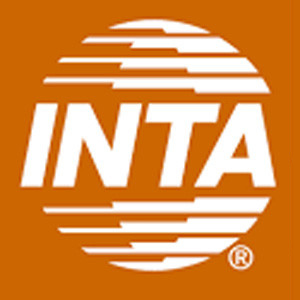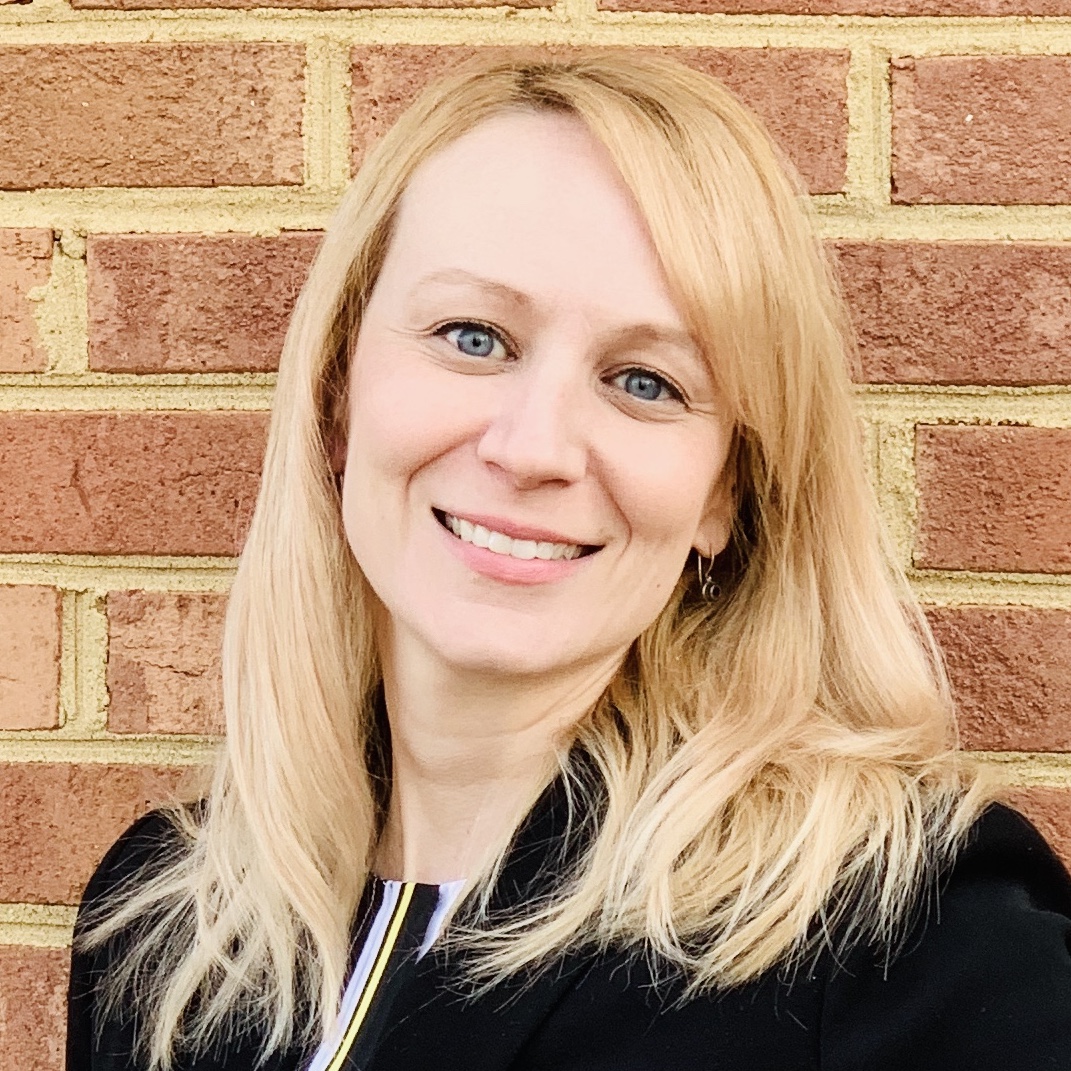 Last week, during the International Trademark Association’s (INTA’s) all-virtual 2020 Annual Meeting & Leadership Meeting, panelists Naomi Jane Gray, Axel Nordemann and Catherine Zaller Rowland discussed perspectives in Copyright Law in a session titled “Hot Topics in Copyright: The New and Controversial Landscape.” In particular, the panelists discussed United States and European perspectives on 1) mash-ups, politics and parody, 2) Liability for Platforms and Service Providers, and 3) Useful Articles.
Last week, during the International Trademark Association’s (INTA’s) all-virtual 2020 Annual Meeting & Leadership Meeting, panelists Naomi Jane Gray, Axel Nordemann and Catherine Zaller Rowland discussed perspectives in Copyright Law in a session titled “Hot Topics in Copyright: The New and Controversial Landscape.” In particular, the panelists discussed United States and European perspectives on 1) mash-ups, politics and parody, 2) Liability for Platforms and Service Providers, and 3) Useful Articles.
U.S. Law: Mash-Ups, Politics and Parody
Initially, Gray, of Shades of Gray Law Group, P.C., discussed mash-ups, politics and parodies, which she noted often involve the fair use defense. Gray discussed an opinion of the Ninth Circuit that was issued on March 24, 2020, i.e Tresona Multimedia, LLC v Burbank High School Vocal Music Association, wherein the court held that “the defense of Fair Use, if applicable, should cover ‘teaching’ whether in a private or public setting.” The case involved a lawsuit over a “musical composition,” the sheet music, that a high school show choir used as part of a mashup, “Rainmaker,” involving several songs. The song “Magic” originally played in the soundtrack of the musical movie “Xanadu” in 1980. The court found that the purpose and character of the use weighted in favor of the high school choir because the “arrangement of segments from several musical works for nonprofit education of music students was transformative.” Gray also noted that another important factor the court considered was the effect of the use on the market for the original work. The court reasoned that there was no substitute of effect because the sheet music for the high school choir mashup, “Rainmaker” would not substitute for the original work, “Magic,” and that the high school’s use of “Magic” was transformative.
Gray also discussed fair use in the context of political tweets, posts or rallies. There have been complaints by artists and others that political campaigns were using their sound recordings. For example, Gray pointed to a Washington Post headline that stated: “Rihanna doesn’t want Trump playing her music at his ‘tragic rallies,’ but she may not have a choice.” Gray noted that under U.S. law there is no general performance right for sound recordings and the sound recording is generally owned by a different entity than the person who owns the composition. Thus, in some cases, the artist may not have the right to do anything about a sound recording being used by a political campaign. In addition, large events often obtain “blanket licenses” that give them the right to perform a large catalogue of compositions that might prevent the artist from asserting rights.
She then discussed fair use and parodies in relation to Dr. Seuss Enters., LP v. ComicMix LLC, wherein the Ninth Circuit granted summary judgment for the defendants, holding that their the mash-up was fair use. The plaintiff owned the rights to Dr. Seuss’s book titled “Oh, the Places You’ll Go!” (“Go!”) and the defendant “created and attempted to publish a ‘mash-up’ book between Go! and the Star Trek universe, called ‘Oh, the Places You’ll Boldly Go’ (‘Boldly’).” The court reasoned that the first factor of the fair use analysis weighed in favor of fair use because it found that Boldly was “highly transformative” and the “copied elements [were] always interspersed with original writing and illustrations that transform[ed] Go!’s pages into repurposed Star-Trek-centric ones.” The court found that the second factor slightly weighed against fair use because Go! was a creative work and that the third factor weighed in favor of fair use because “the defendants took ‘no more’ than ‘necessary’ to accomplish their transformative purpose.” With respect to the fourth factor, i.e. market effect, the plaintiff introduced evidence of licensing for derivatives, but the court found market harm to be “hypothetical.”
EU Perspective
Nordemann of Nordemann Czychowski & Partner in Germany, explained that EU copyright law does not provide for a general fair use exemption, but rather Art. 5 EU Copyright Directive 2001/29/EC provides for conclusive list of exceptions for certain uses, some mandatory and some optional. He further noted that exceptions and limitations must be interpreted strictly and that the Directive provides for an “optional exception for: (k) use for the purpose of caricature, parody or pastiche.” Citing to a CJEU judgment in Deckmyn v. Vrijheidsfonds, Nordemann noted that the court defined the essential characteristics of a parody as evoking an existing work while being noticeably different from it and constituting an expression of humor or mockery. He also explained that the “CJEU has always held that a fair balance to be found between the interests and rights of copyright owners and the freedom of expression.”
Liability for Platforms and Service Providers in the U.S.
Rowland, the Associate Register of Copyrights and director of public information and education for the U.S. Copyright Office, presented information regarding Section 512 of the Digital Millennium Copyright Act (DMCA). She explained that Congress asked the asked the Copyright Office to study how section 512 was functioning and the Copyright Office conducted multiple hearings and issued a Report in May 2020. The Report noted the many changes in technology and business models over the last 20 years and how it is important to have balance in the system so infringement can be addressed while also giving tech industries legal certainty. Rowland also explained that the report focused on repeat infringer policies and recommended that all online service providers (OSPs) have a clear and documented and publicly available repeat infringer policy. With respect to the knowledge requirement, the Report suggested that there should be more clarity between actual and red flag knowledge.
Liability for Platforms and Service Providers in the EU
Nordemann explained that the situation is very different in the EU and is very controversial due to the enactment of Directive (EU) 2019/790 last year. He noted that the directive included increased liability for platforms under Art. 17. For example, he noted that Art. 17 (1), i.e. the use of protected content by online content-sharing service providers, provides that “Member States shall provide that an online content-sharing service provider performs an act of communication to the public or an act of making available to the public… when it gives the public access to copyright-protected works or other protected subject matter uploaded by its users” and, therefore, “online content-sharing service provider[s] shall … obtain an authorization from the rightholders …for instance by concluding a licensing agreement, in order to communicate to the public or make available to the public works or other subject matter.” If a provides does not comply, it will be liable for infringing content on its platform. Exceptions included instances where a provider shows it made its best efforts to obtain an authorization, made its “best efforts to ensure the unavailability of specific works and other subject matter for which the rightholders have provided the service providers with the relevant and necessary information”, and “acted expeditiously, upon receiving a sufficiently substantiated notice from the rightholders, to disable access to, or to remove from their websites, the notified works or other subject matter, and made best efforts to prevent their future uploads.” Nordemann noted that although Art. 17 does not require “upload-filters,” providers may find that they are necessary to comply with the Directive. He also explained that Member States must implement the Directive by June 7, 2021.
Useful Articles
The speakers also briefly discussed perspectives on useful articles in the United States and European Union. Citing Star Athletica, L.L.C. v. Varsity Brands, Inc., Gray explained that the U.S. Supreme Court has held “that a feature incorporated into the design of a useful article is eligible for copyright protection only if the feature (1) can be perceived as a two- or three-dimensional work of art separate from the useful article and (2) would qualify as a protectable pictorial, graphic, or sculptural work – either on its own or fixed in some other tangible medium of expression—if it were imagined separately from the useful article into which it is incorporated.” In addition, Rowland discussed the Copyright Office Guidance Compendium, which includes a discussion of works of artistic craftsmanship and useful articles, and explained several examples of useful articles as viewed by the Copyright Office.
Nordemann concluded the discussion by noting, in part, that it has been established in the EU that the design of a useful article can be protected as a work if it is original, which requires an artistic design beyond the functional elements.

![[IPWatchdog Logo]](https://ipwatchdog.com/wp-content/themes/IPWatchdog%20-%202023/assets/images/temp/logo-small@2x.png)

![[Advertisement]](https://ipwatchdog.com/wp-content/uploads/2024/04/UnitedLex-May-2-2024-sidebar-700x500-1.jpg)
![[Advertisement]](https://ipwatchdog.com/wp-content/uploads/2024/04/Artificial-Intelligence-2024-REPLAY-sidebar-700x500-corrected.jpg)
![[Advertisement]](https://ipwatchdog.com/wp-content/uploads/2024/04/Patent-Litigation-Masters-2024-sidebar-700x500-1.jpg)

![[Advertisement]](https://ipwatchdog.com/wp-content/uploads/2021/12/WEBINAR-336-x-280-px.png)
![[Advertisement]](https://ipwatchdog.com/wp-content/uploads/2021/12/2021-Patent-Practice-on-Demand-recorded-Feb-2021-336-x-280.jpg)
![[Advertisement]](https://ipwatchdog.com/wp-content/uploads/2021/12/Ad-4-The-Invent-Patent-System™.png)






Join the Discussion
2 comments so far.
Ben Dubay
December 28, 2020 06:58 amSo, what have we learned? 1. Most attorneys only pretend to understand most rulings. 2. The Circuit found the similarities to be substantial. 3. Dr. Seuss would prevail on an infringement claim if the work were to be published. This article should be revised.
Ben DuBay
November 30, 2020 02:44 pmI believe citing that the 9th Circuit granted summary judgment in Dr. Seuss v. Comicmix is a misstatement. Whereas the District Court granted summary judgment, the Circuit panel at oral argument, on appeal, heavily criticized the Appellees’ position on transformation logic; and the District Court’s burden shifting placement.
The Circuit may well find misappropriation nostra sponte because this is purely an issue of law. That is, the facts of copying are apparent. The heart of the work is apparent on the face. Transformation does not occur by adding something new. That is the legal definition of a derivative work. If not transformation, misappropriation is uncontested.
As to factor #4, the panel would not have raised the issue of burden shifting for giggles. It wasn’t up to Plaintiff/Appellant to demonstrate harm. Defendant/Appellee carries the burden of being persuasive as to no harm as well as production as the movant.
Clearly the 9th Circuit panel did not give the impression that they agreed with the District Court or Appellee/Defendant’s arguments. 7 months isn’t very long for the 9th to document the reversal and nostra sponte order. That is the correct call. But I am also the guy that thinks the 11th Circuit will do the same after oral argument on January 14, 2021 in Dubay v. Stephen King, et al.
Just remember, you heard it here first.